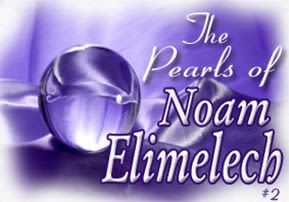
The Pearls of Noam Elimelech – Part 2
Once, the holy Rebbe Elimelech of Lizhensk was studying a difficult gemara in masseches Chullin: “Rabbi Pinchas ben Yair said to Rebbi: It appears to you that I am vowing...

Part 2
Sending Our Prayers Up to Heaven
Once, the holy Rebbe Elimelech of Lizhensk was studying a difficult gemara in masseches Chullin: “Rabbi Pinchas ben Yair said to Rebbi: It appears to you that I am vowing against the benefit of klal Yisrael. However, Jews are holy. There are those who wish to give but have none, and those who have but do not wish to give.” Tosafos comments: “It makes sense to call those who wish to give but have none ‘holy’; their hearts are good and it’s not their fault that they have nothing to give. However, those who do have but do not wish to give — why are they called ‘holy’?” Tosafos answers: “They are still called ‘holy’ because they do give if shamed into it.”
This answer bothered the Rebbe Elimelech very much. What good does it do to say that he who has but does not wish to give will give because he is embarrassed? How can you call such a person holy?!
Rebbe Elimelech was so distressed that he did not merit to understand the holy words of the Tosafos that he could not eat at all and he began to weep. He cried so much that he fell asleep from the anguish and distress. As he slept, he dreamt. In his dream, one of the Ba’alei Tosafos, the Ri, visited him and said, “My son, I have heard your cries and seen your tears. I have been sent from Heaven to explain to you the meaning of our holy Sages. They were very careful in their wording to describe the Jews as holy in plural. Know that from the thoughts and intentions behind a mitzvah as well as the act of the mitzvah itself an angel is created with a body and soul; if one of these ingredients is missing — whether action or intention — the angel will be lacking as well. Those who wish to give but have none create the soul of the angel — they have the intention and thought but lack the action, the actual performance of the mitzvah. And those who do have money and do not wish to give it, but still they give out of embarrassment, have performed the action though they do not have the proper intention behind it. This action creates the body of the angel. This is one of the kindnesses of Hashem that they are both called ‘holy’ since between them a full angel is created with both body and soul.”
The next morning Rebbe Elimelech woke up full of joy that he had been enlightened as to the meaning of our Sages. (Ohel Elimelech 96, in the name of the Chameish Yados, Vayeira)
True Soul Searching (Cheshbon HaNefesh)
The Rebbe Reb Zisha of Hanipoli once related the following story during shalosh seudos, the mystical third Shabbos meal:
“Once, when my brother Rebbe Elimelech of Lizhensk and I were walking (this was during our self-imposed exile), we encountered a strong gusty wind. It was freezing cold and much snow had fallen on us that day. This was the third day of our wanderings since we had tasted any food. We realized that we had to reach some inhabited area and eat something or we would perish!
“By nightfall we came to a remote village. After praying the minchah and ma’ariv prayers and tasting some food, we found a place to sleep on the ground, and I prepared myself to recite the bedtime Shema.
“My brother Rebbe Elimelech called out to me: ‘Zisha, What are you doing? We must be Masters of Reckoning.’ (Meaning that we should make a reckoning of the day’s deeds and consider how we could refine our characters and rectify our misdeeds.) ‘Truthfully spoken,’ said I. My brother began to put into writing a list of the sins he had committed that day. After listing them all, he counted 111 transgressions that he had performed on that day alone. He immediately began to repent and cried out until Hashem had mercy on him and erased all his sins. Then he went to sleep.”
This was the story Reb Zisha recounted at the shalosh seudos meal.
One of those present at the table of the saintly Reb Zisha spoke up and said: “We aren’t afraid of the types of sins your holy brother recorded, and we surely would not get Gehinnom for committing them. What sins could your brother possibly have transgressed? He didn’t eat any forbidden food because you were fasting. It wasn’t Shabbos so he couldn’t have transgressed that either. Your brother was a Tzaddik, a foundation and pillar of the entire world; he surely wasn’t a sinner. Especially on the third day of a week-long fast. What could that list of 111 sins possibly be? Maybe he thought that he interrupted his divine rapture in the meditation of Hashem for one second and considered that a sin? But on our level we don’t even consider such transgressions or fear such crimes.”
When the saintly Reb Zisha heard the protests and arguments of his guest, he grew angry. “What are you talking about?” he retorted. “Why shouldn’t you be punished for such sins? Maybe because that day you ate a nice meal and we starved from fasting? Or because you sat warm and cozy at home while the wind and snow beat down on us outside? Or because you wore shoes and we traveled barefoot so that the cold caused blood to flow from our feet? Why do you not fear such transgressions? If you are thinking of the teaching of our Sages that ‘Hashem is more exacting with the Tzaddikim and judges their deeds within a hair’s breadth’ (Yevamos 22b), then you have misunderstood that Talmudic statement! First you will be judged and punished in Gehinnom for the greater sins you have committed. Then, once you have been cleansed and are considered a Tzaddik and a saint, then you will be judged and punished exactingly within a hair’s breadth for smaller violations. I am relating to you this story about my saintly brother to teach you that he counted 111 sins that he had committed. This should teach you to what extent you should distance yourself from evil and do good.” (Beis Pinchas, p. 25).
***
Excerpts from the new book – Mipeninei Noam Elimelech: A selection of teachings, stories, and parables of Rebbe Elimelech of Lizhensk, translated and compiled by R' Tal Moshe Zwecker. Buy Noam Elimelech now at a special discount price from Targum Press at http://www.targum.com, plus get a free download of the Noam Elimelech's powerful "Prayer before Praying". Visit the author's website at http://www.chassidusonline.com.




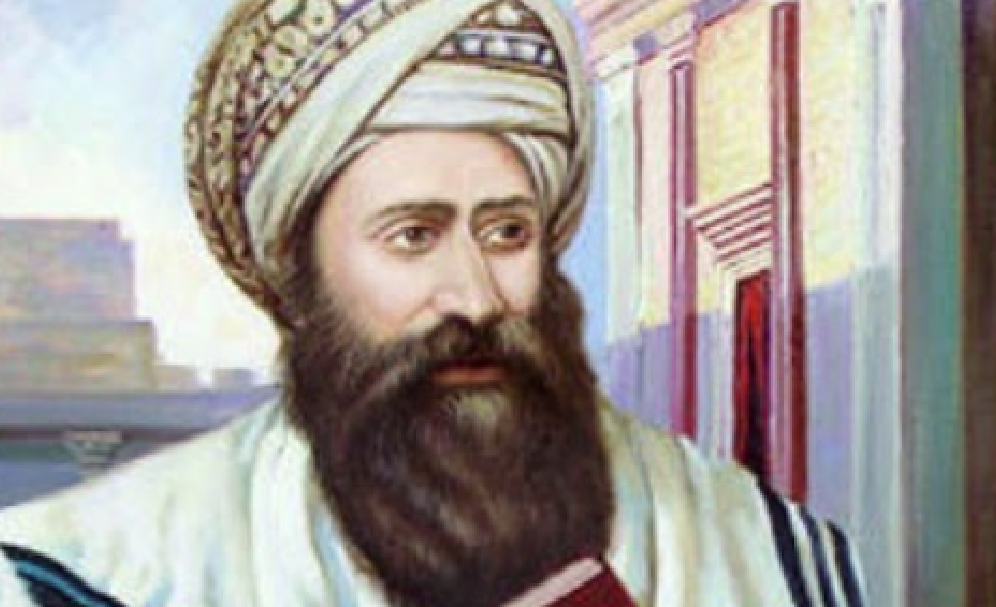
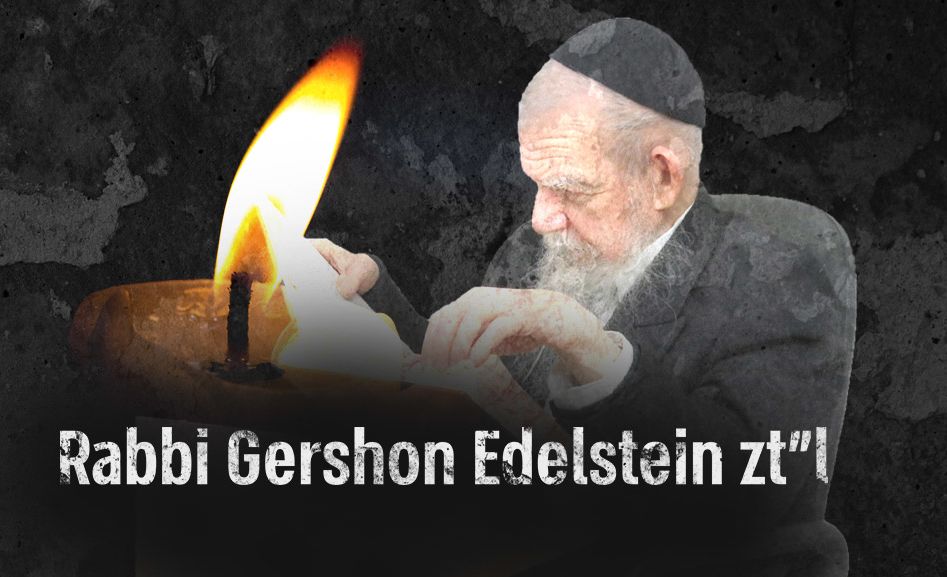
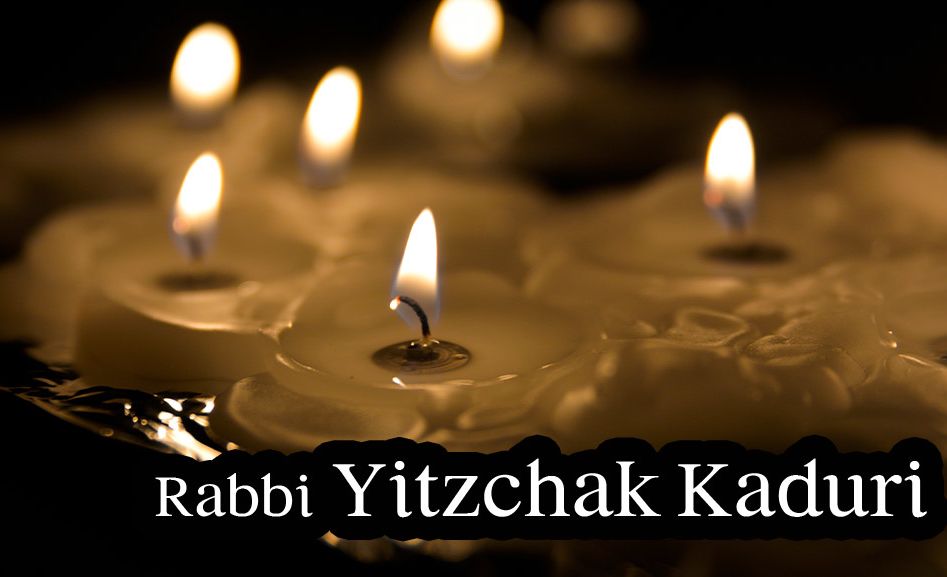
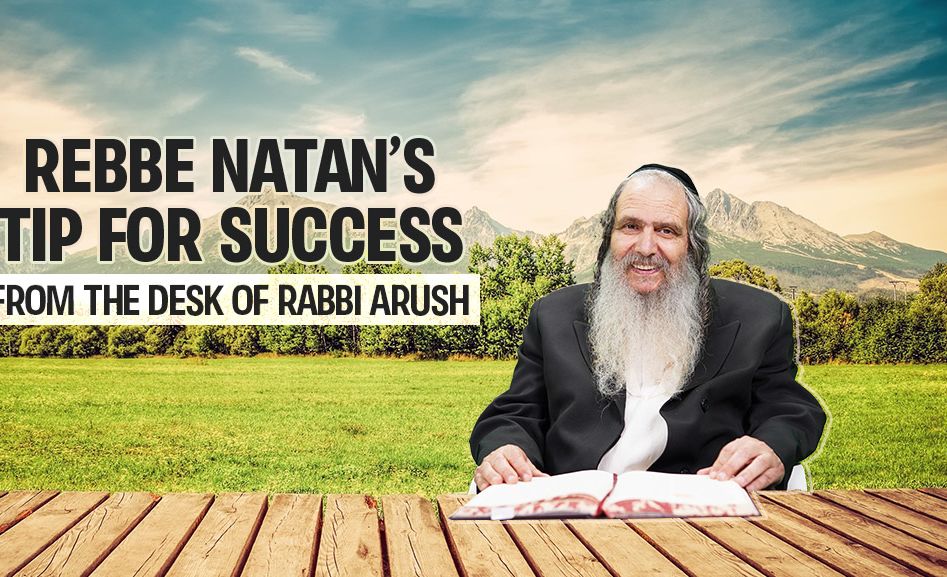
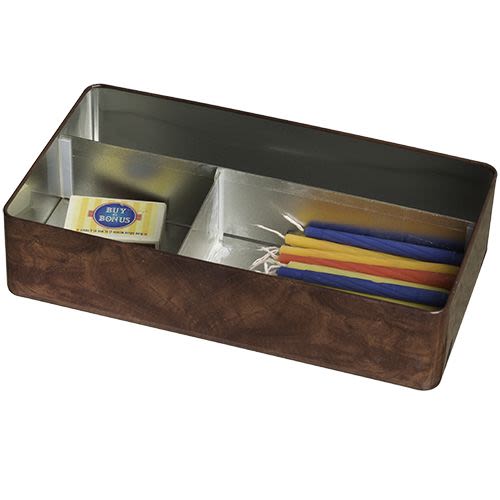

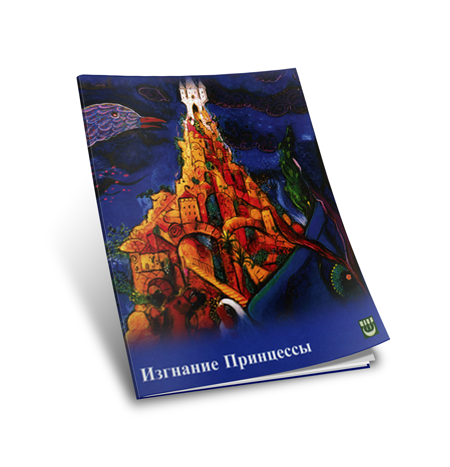
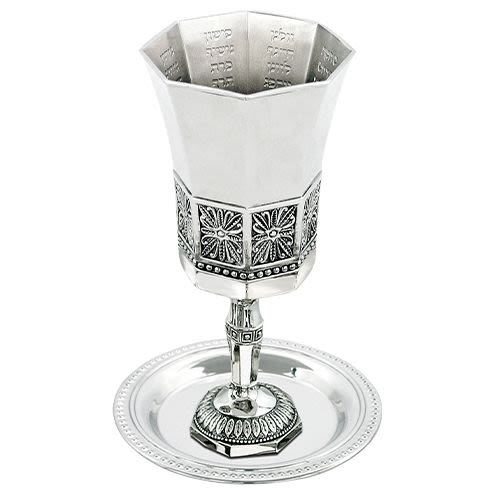
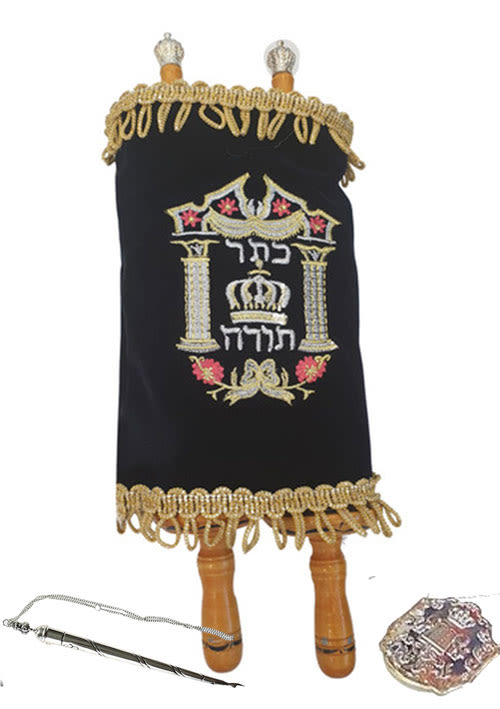
Tell us what you think!
Thank you for your comment!
It will be published after approval by the Editor.